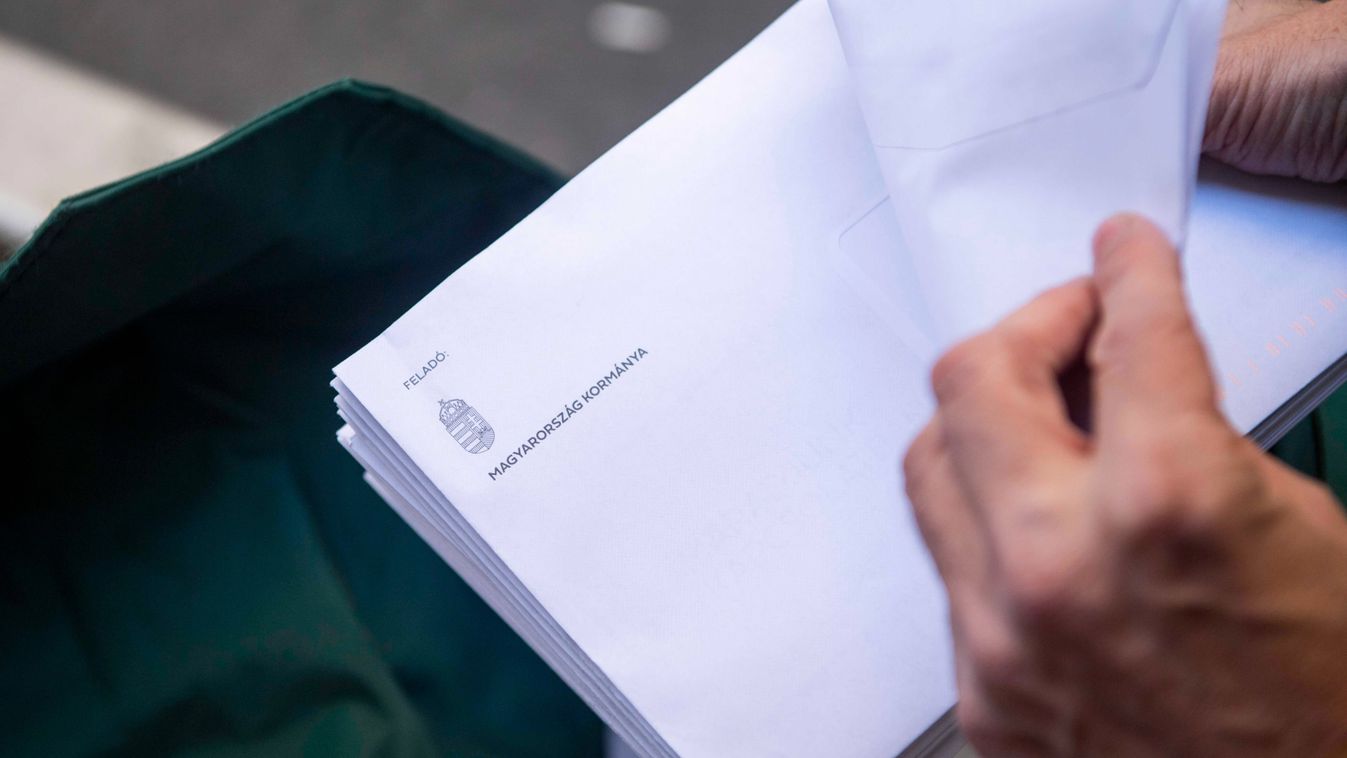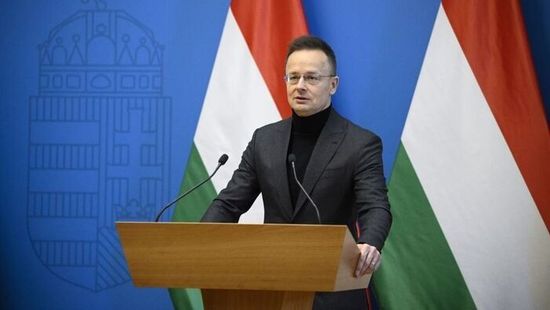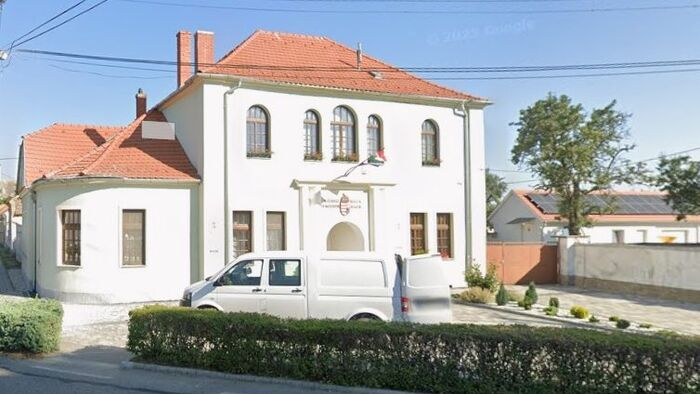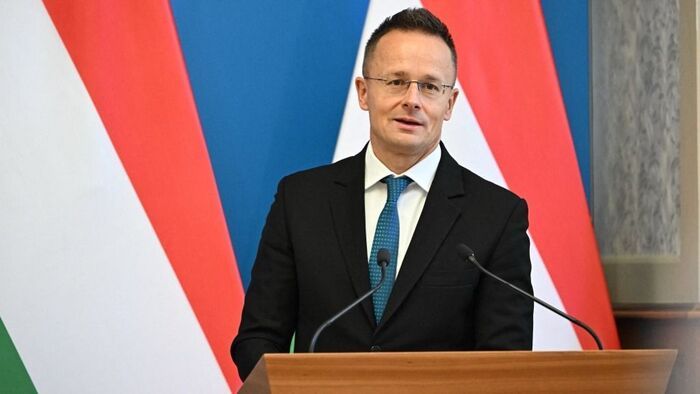The national consultation survey is an extremely important instrument in the Hungarian government's hands in order to create points of agreement with the Hungarians, Balazs Hidveghi, parliamentary state secretary of the Prime Minister's Cabinet Office, said on public radio's Sunday morning news program. The delivery of questionnaires will begin on October 28 and the filled in forms can be returned until December 20, he said.
Hungary is the only country in the European Union where people have been asked about crucial matters, about issues that determine the present and the future, and their views have been taken into account, the parliamentary state secretary pointed out.
Economic neutrality to allow for rising wages
Speaking about the specific topics of the upcoming national consultation, he first spoke about raising the minimum wage to 400 thousand Hungarian forints. He stressed that the government has been able to implement a policy of continuous wage increases, which was somewhat broken by the pandemic, the war, and the flawed sanctions policy, but they are convinced that it is possible to return to wage increases based on economic growth. "This is why we need economic neutrality so that we do not close ourselves off and others do block our ability to trade and build economic relations freely," he underlined. He pointed out that it is essential that wage increases are based on an agreement between employers and workers, with the government playing an intermediary role.
"We can set targets, and if the Hungarian people support this, then based on economic growth, a minimum wage of 400 thousand forints and an average wage of one million forints can be achieved within a few years' time." On the issue of workers' loans, he said, they believe that young people at the beginning of their careers should be helped with preferential loans so that they can get a start in the world of work. This is also one of the questions in the survey, he said.
A range of measures to support housing
On what is new in housing subsidies and what should change, he said that there is a housing crisis, which mainly affects the capital. "Budapest's leadership has failed to deal with this in recent years, and they have not come up with any sound proposals on tackling this issue. For its part, the government is ready to contribute to improving the situation, not only in Budapest but also in the countryside," he stressed. He explained that they have several proposals and people's opinions will be sought on them in the questionnaire. These include whether the government should provide tax breaks to companies to enable them to contribute to the rent and housing costs of their employees. This includes expanding the area of use of the so-called SZEP card (a popular fringe benefit employers can provide at reduced tax rate) and allowing it to be used for home renovation as well. Access to housing should be made easier for young people. For those who are studying, building dormitories can be a solution while the government is also working on providing discounted loans with a five percent interest rate to young people who want to buy their first home. He noted that an agreement is needed with the banking sector, as the banks will provide the loans.























Szóljon hozzá!
Jelenleg csak a hozzászólások egy kis részét látja. Hozzászóláshoz és a további kommentek megtekintéséhez lépjen be, vagy regisztráljon!